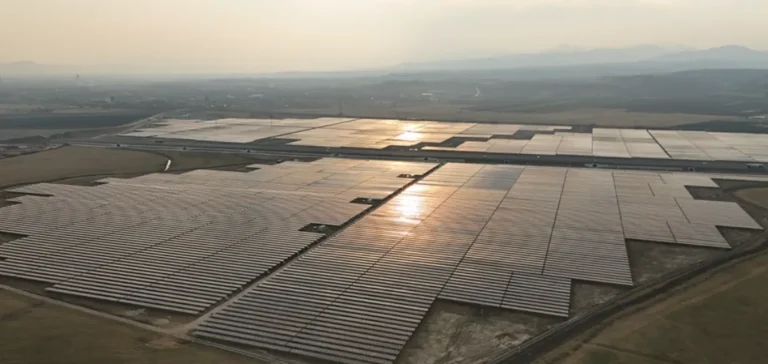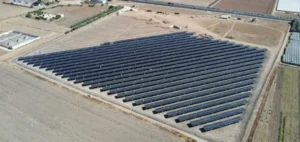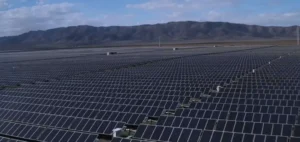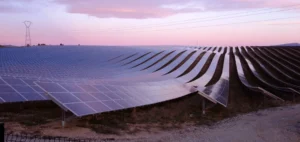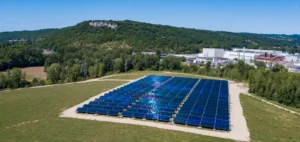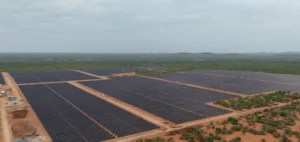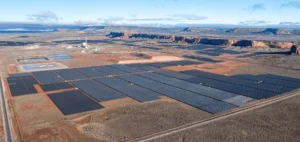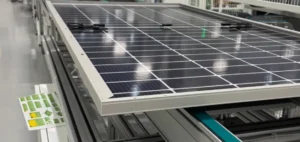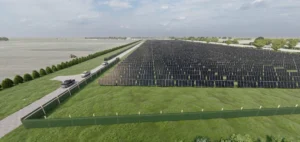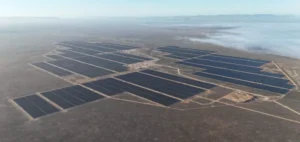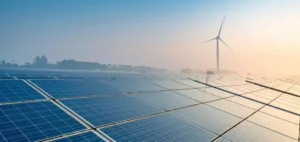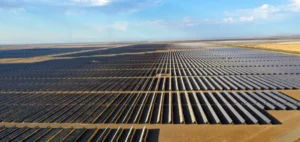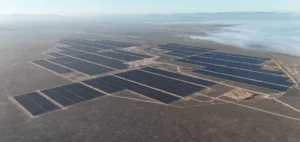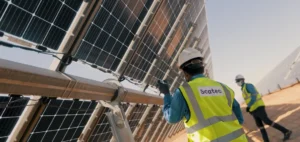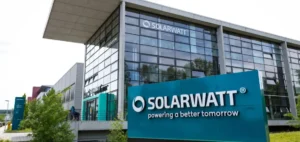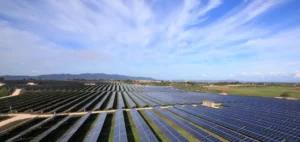Eurowind Energy, a European developer and operator of renewable energy projects, announced a €174.8mn investment aimed at constructing a solar park with an installed capacity of 220 MW in Romania, on a 354-hectare site located in Vișina, Dâmbovița County. This project thus becomes the largest developed by the company in the country, in terms of installed capacity.
Project features and capacity
The Vișina site will include more than 400,000 photovoltaic panels. The installation is expected to generate around 400 gigawatt-hours (GWh) of renewable electricity annually, a production sufficient to meet the electrical energy needs of approximately 150,000 households. Eurowind Energy also plans to upgrade an existing 7.5-kilometre agricultural road, facilitating public access and improving local infrastructure.
Adrian Dobre, Country Manager for Romania at Eurowind Energy, indicated that the company has a local pipeline of approximately 7.5 gigawatts (GW) of projects at various stages of development. “The Vișina project is an important milestone for us. We have been working on it for several years and are now close to the construction phase. If necessary, we also plan to integrate storage solutions to support grid stability,” he specified.
Expansion of the Romanian portfolio
Eurowind Energy already operates four other solar parks in Romania, located in Hălchiu, Măgurele, Pufești, and Teiuș. By 2025, the company plans to operate a Romanian portfolio of 124 MW, complemented by a diversified pipeline including solar, wind, hybrid, and storage projects, totalling nearly 7.5 GW.
This project confirms the growing interest among European investors in the renewable energy sector in Romania, particularly in photovoltaic solar energy. Romanian authorities continue to implement policies that encourage the development of new electricity generation capacities in this strategic sector.


